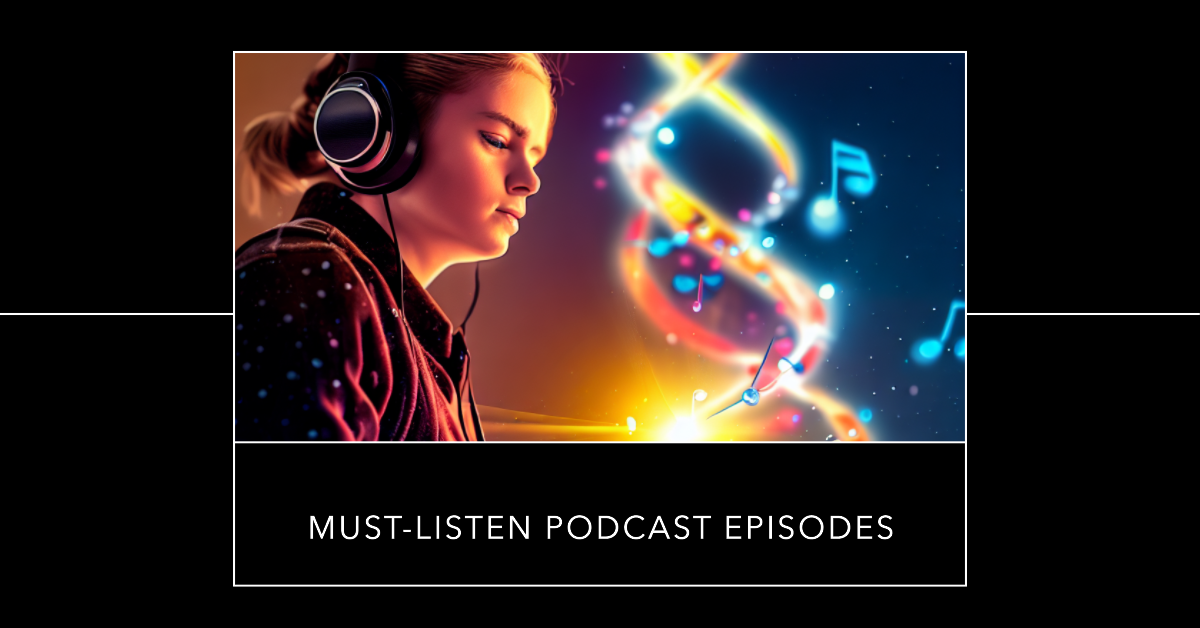From Beethoven's DNA to Cosmic Chemistry: This Week's Must-Listen Podcast Episodes!

Welcome to the first edition of Dr. Pawd’s newsletter where we will
discuss the latest episodes of some of Dr. Pawd’s favorite podcasts
as well as news about Dr. Pawd. So let’s get started.
Stuff You Should Know came out with 4 new fascinating episodes in the past week.
What's the deal with dowsing? Stuff You Should Know has another episode where the hosts explore the mysterious world of dowsing in "What's the deal with dowsing?" Discover the history and science behind this controversial practice, which involves using sticks or metal rods to locate water, minerals, or even buried bodies underground. From its origins in 16th century Germany to its use in agriculture and urban areas today, the hosts cover it all. Discover the different explanations behind how dowsing works and whether it's a useful tool or simply pseudoscience. You won't want to miss this fascinating episode!
This Week’s New Episodes
Stuff You Should Know
Stuff You Should Know came out with 4 new fascinating episodes in the past week.
Beethoven’s DNA
In this short episode, hosts Josh and Chuck take us on a journey into the world of classical music history. They explore the fascinating research on Beethoven's DNA by biological anthropology student Tristan Begg. Using fragments of Beethoven's hair, Begg discovered some surprising information about the iconic composer's health and lifestyle. Tune in to discover what he found out!How Jet Lag Works
In this episode of "Stuff You Should Know", the hosts delve into the science of jet lag. In "How Jet Lag Works", they explain the symptoms of jet lag, the science behind our biological clocks, and remedies available to help alleviate its effects. They also touch on the history of commercial air travel, including the iconic Concord jet, and share expert advice on how to minimize its negative effects.What Caused the Late Bronze Age Collapse?
In this episode, "Stuff You Should Know" takes us back in time to the bronze age. The hosts explore the Bronze Age and its impact on human civilization, from metallurgy to centralized governments. They unravel the mystery behind the Bronze Age's collapse and the rise of the Iron Age, discussing various theories and lessons we can learn from history.What's the deal with dowsing? Stuff You Should Know has another episode where the hosts explore the mysterious world of dowsing in "What's the deal with dowsing?" Discover the history and science behind this controversial practice, which involves using sticks or metal rods to locate water, minerals, or even buried bodies underground. From its origins in 16th century Germany to its use in agriculture and urban areas today, the hosts cover it all. Discover the different explanations behind how dowsing works and whether it's a useful tool or simply pseudoscience. You won't want to miss this fascinating episode!